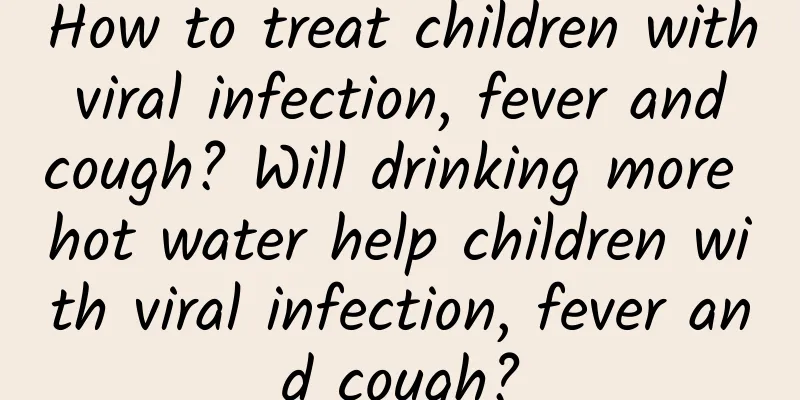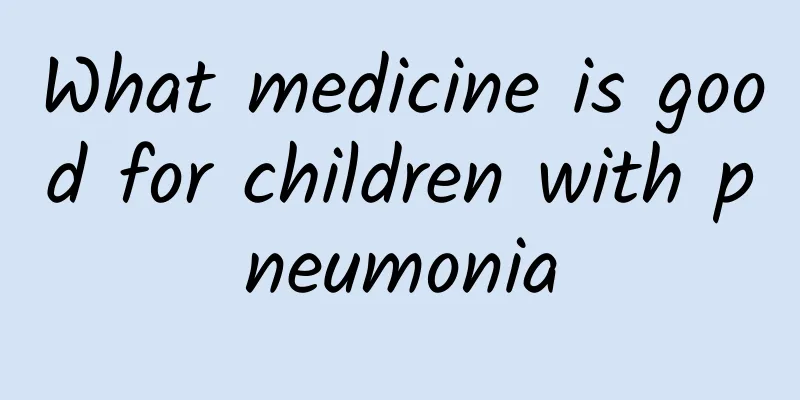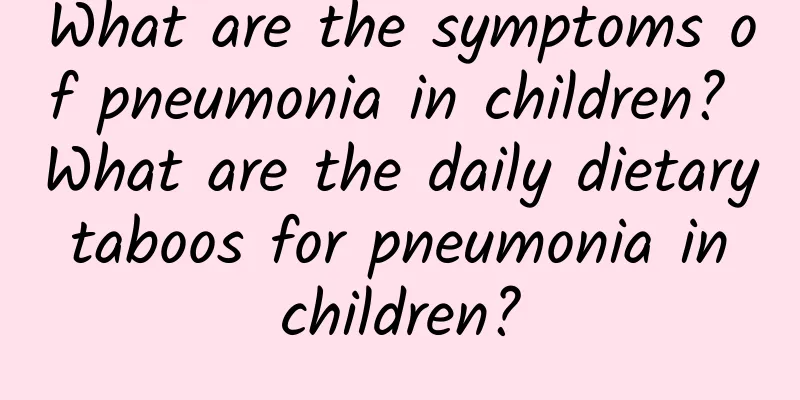What are the main sources of infection for hand, foot and mouth disease in children?

|
The main sources of infection for hand, foot and mouth disease in children include the saliva, feces, herpes fluid of the children, and daily necessities such as toys and towels contaminated by them. These are the main routes of transmission. Understanding the sources of infection for hand, foot and mouth disease and taking targeted preventive measures can effectively reduce the risk of infection. 1. Saliva and respiratory secretions of the patient The main pathogens of hand, foot and mouth disease are enteroviruses, such as EV71 and coxsackievirus. These viruses are transmitted through droplets, so direct contact with the saliva of sick children, droplets spread by coughing or sneezing, may infect healthy children. It is recommended that parents teach their children to cover their mouths and noses when sneezing and coughing, and to ventilate more to dilute the pathogens in the air. 2. The child's stool The virus multiplies in the digestive tract of the child, and the feces excreted from the body still contain the virus, and the virus in the feces can survive for a long time. If the child touches objects or environments contaminated by feces and does not clean his hands thoroughly, the virus may enter the body through the "fecal-oral" route. Parents should wash their hands in time after changing their children's diapers and properly dispose of excrement. 3. Herpes fluid The small blisters caused by hand, foot and mouth disease contain high concentrations of viruses. If the blisters rupture and come into contact with the skin or mucous membranes of other children, the virus may be directly transmitted. Parents should avoid letting their children directly touch the herpes area of the child. If they do touch it, they should immediately clean their hands with alcohol-based disinfectant. 4. Contaminated toys and daily necessities The virus can attach to items that sick children touch, such as toys, towels, and tableware. If healthy children touch these items and do not wash their hands thoroughly, the virus may infect through the mouth or skin. Parents need to regularly wash items that children often use with disinfectant, and it is recommended to disinfect tableware at high temperature before each use. 5. Other transmission channels In addition to direct contact and droplet transmission, hand, foot and mouth disease virus may also be transmitted through contaminated water or food, such as eating raw vegetables or fruits that have not been thoroughly washed. Therefore, food hygiene is particularly important. Children should eat cooked food, avoid drinking raw water, and fruits and vegetables must be thoroughly washed. Parents should pay more attention to their children's contact with people in daily life, especially during epidemic seasons, and try to avoid taking children to crowded public places such as shopping malls, playgrounds, and schools. If a child is suspected of being infected, he or she should seek medical attention in time to reduce the possibility of spreading the disease to other children. Prevention measures include washing hands frequently, keeping the environment clean, and urging children to improve their awareness of self-protection, which can effectively reduce the risk of transmission of hand, foot and mouth disease. |
<<: Chinese medicine for umbilical cord plastering for children with diarrhea
>>: What to do if a newborn has jaundice and has favism
Recommend
Can pneumonia in children be cured?
Pneumonia is a common clinical disease in childre...
Can pneumonia in children cause hypoxia?
Pneumonia in children is generally the most commo...
Can the Children's Yanbian Granules be taken together with the Children's Cold Granules?
It is generally not recommended to take Xiaobiany...
Is it good to use nebulizer for children's cough? What are the benefits of nebulizer for children's cough?
Children can receive nebulization treatment when ...
What are the cough medicines for children?
What are some common cough medicines for children...
How long can one live with polio?
The life expectancy of polio patients varies depe...
What to pay attention to during pregnancy to prevent pneumonia in children
At present, the treatment of pneumonia has gradua...
What are the routine examinations for acute laryngitis in children?
What are the routine examinations for acute laryn...
Routine examination for diarrhea in children
Diarrhea is a disease that often occurs in daily ...
Can I get a vaccination after taking Children's Cold Granules?
After drinking Children's Cold Granules, it i...
What is the cause of polio?
After suffering from polio, many parents are not ...
What are the reasons why newborns are prone to jaundice? Parents should pay attention to the signs of newborn jaundice
Nowadays, many children suffer from jaundice, but...
What is the early treatment for Kawasaki disease?
More and more diseases are appearing around us, w...
How to take care of children with indigestion? How to take care of children with indigestion?
How to care for children with indigestion 1. For ...
Why does a child cough in the morning? How should a child take medicine when he coughs in the morning?
Many children may have coughing when they wake up...









